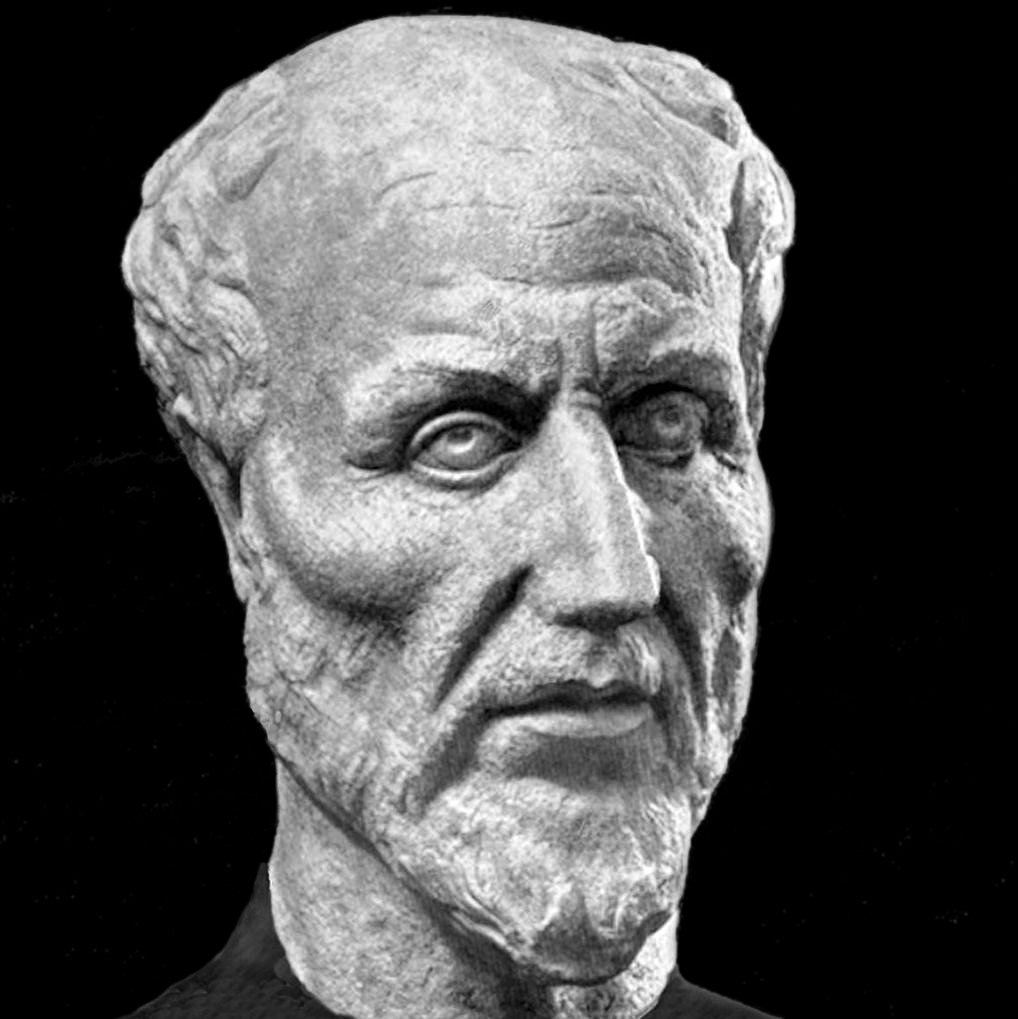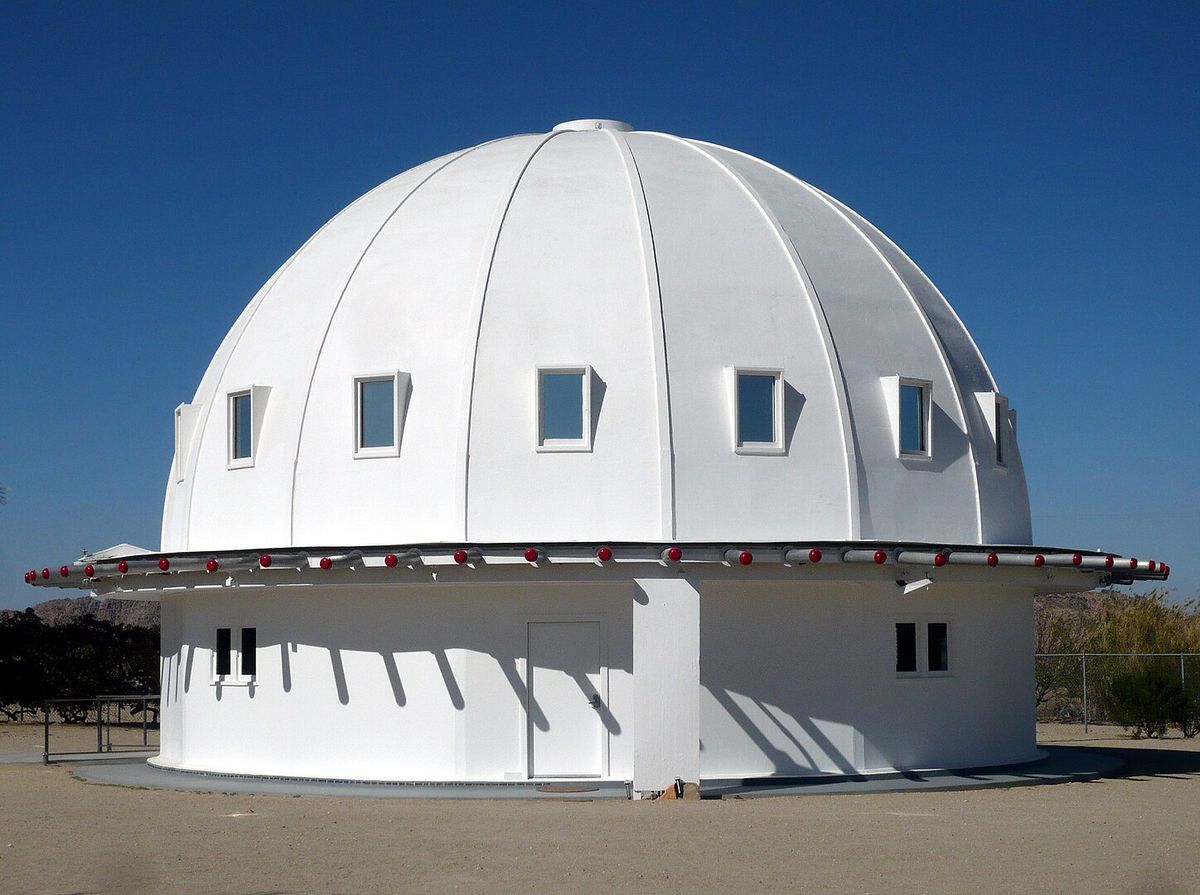Comments
Check out our elevator pitch or sign in
Next Up...
Adding Notes to Plotinus
As I'm reading Plotinus, I will add, paragraph by paragraph, a reworded, more readable version of what he says, as his ideas are very clear, but the original translation seems unnecessarily cumbersome.
 Andreas
AndreasPhilosophical positions rejected by Plato
Nominalism:
Plato disagreed with the nominalist view that general terms (universals) are merely names or labels for collections of individual, unrelated things. He believed that universals, like "beauty" or "justice," represent real, objective Forms that exist independently of our minds and the physical world.
Materialism:
Plato rejected the idea that only physical matter exists. He proposed a dualistic view, arguing for the existence of both a material world and an immaterial realm of Forms, which he considered more real and fundamental.
Skepticism:
Plato did not believe that knowledge is impossible or unattainable. He argued that while our senses can be deceptive, reason and intellect can lead us to true knowledge of the Forms.
Relativism:
Plato opposed the idea that truth and morality are subjective and vary from person to person. He believed in objective, universal truths and moral standards grounded in the Forms.
Mechanism:
Plato rejected the idea that the universe operates solely on mechanical principles, like a machine. He believed that purpose and design, guided by the Forms, play a crucial role in the cosmos.
Sense-perception as the primary source of knowledge:
Plato argued that our senses can only provide us with imperfect copies of reality, not true knowledge of the Forms. He believed that true knowledge comes from reason and intellectual insight into the Forms.
 Andreas
AndreasPlotinus, founder of Neoplatonism

Why don't you do a little deep dive into Plotinus, in our library?
 Andreas
Andreas